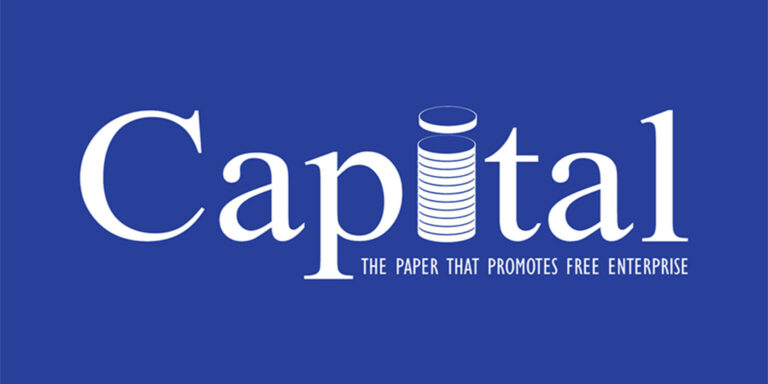The relationship between ethno-religious identity and economic development has long been a subject of scholarly inquiry in fields such as sociology, economics, political science, and anthropology. Ethno-religion which is the intertwining of ethnic identity with religious affiliation can significantly influence economic behavior, patterns of development, and state policy. Economic development, in turn, can reshape ethno-religious identities through processes of modernization, urbanization, and globalization. Understanding this interplay is essential to addressing economic inequality, fostering social cohesion, and designing inclusive development policies.
The term “ethno-religion” refers to groups whose cultural, ethnic, and religious identities are tightly interwoven, often making membership both a matter of heritage and belief. Examples include: Jews in Europe and the Middle East, Parsis in India, Copts in Egypt, Amish communities in North America, and Kurds and Yazidis in the Middle East.
Ethno-religious groups often possess distinctive social structures, shared histories, cultural practices, and economic roles. These features can shape their participation in the economic life of a nation sometimes as dominant elites, sometimes as marginalized minorities.
Historically, ethno-religious communities have played pivotal roles in global economic development. Ethno-religious diasporas, such as Armenians, Jews, and Gujarati Muslims, were instrumental in establishing trade networks across Asia, Africa, and Europe. These groups often acted as intermediaries between different economies due to their transnational ties and trust-based business practices.
Certain ethno-religious communities developed financial institutions and practices that laid the foundations for modern banking systems. For example, Jewish banking families in Europe, particularly during the 18th and 19th centuries, facilitated capital flows across borders.
In colonial societies, ethno-religious groups often occupied specific economic niches in which some favored by colonial powers as intermediaries, others marginalized. Post-independence economic policies in countries like Kenya, Nigeria, and Malaysia were significantly shaped by the economic prominence of certain ethno-religious communities.
Max Weber, in his seminal work “The Protestant Ethic and the Spirit of Capitalism”, argued that religious ethics can influence economic behavior. While Weber focused on Protestantism, his framework has been applied to ethno-religious groups worldwide to explain variations in entrepreneurship, work ethic, and savings behavior.
In Social Capital Theory, Ethno-religious groups often develop strong internal trust networks, shared norms, and collective identities that foster cooperation. This “bonding social capital” can facilitate entrepreneurship and mutual aid, as seen in the economic success of diasporic communities.
Ethno-religion can shape and be shaped by institutions. Inclusive institutions can harness the economic potential of ethno-religious diversity, while extractive institutions may entrench inequality and conflict. Policies toward religious freedom, property rights, and education are particularly significant in this context.
Regarding Ethno-Religion as a Driver of Economic Development, Ethno-religious communities often rely on kinship and religious trust to build commercial networks. These networks lower transaction costs, provide access to informal credit, and facilitate business expansion. Many ethno-religious groups place a high value on education and skills development, leading to disproportionate representation in certain professions and industries.
Religious teachings emphasizing charity (e.g., zakat in Islam, tzedakah in Judaism, dāna in Hinduism and Buddhism) often result in strong community welfare structures, which can complement state-led development. Transnational ethno-religious communities often serve as conduits for remittances, foreign investment, and technology transfer.
Despite its potential benefits, ethno-religious identity can also become a source of division and economic stagnation. Some ethno-religious minorities face discrimination, limiting their access to education, employment, credit, and political representation. Economic disparities among ethno-religious groups can exacerbate tensions, leading to conflict, civil unrest, or even war which undermining economic development.
When state resources are distributed along ethno-religious lines, development policy may become politicized, fostering inefficiency and corruption. Strong intra-community networks may lead to economic segregation, where ethno-religious groups operate in isolated economic systems, reducing national economic integration.
There are several case studies. In Malaysia, Economic policies aimed at redistributing wealth between the Malay Muslims majority and Chinese minority have shaped the country’s development trajectory, illustrating how ethno-religious dynamics intersect with state economic planning.
In Nigeria, tensions between Muslim Hausa-Fulani in the north and Christian Yoruba and Christian Igbo in the south have had significant economic implications, including regional disparities in infrastructure and investment. In India, religious communities such as Parsis and Jains have historically contributed disproportionately to industry, commerce, and philanthropy, while other groups remain economically marginalized, reflecting how ethno-religious capital can drive differential development outcomes.
Policymakers seeking to harness ethno-religious diversity for economic development should focus on inclusive Economic Policies: Ensuring equal access to education, credit, and property rights for all groups. Intergroup dialogue and cohesion in which reducing mistrust and promoting social cohesion to enable collective economic action. Targeted development programs in supporting marginalized ethno-religious groups without deepening divisions. And recognition of cultural capital which leveraging positive aspects of ethno-religious identity, such as entrepreneurship and philanthropy, for national development.
To conclude, ethno-religion is neither inherently a driver nor a barrier to economic development. Its impact depends on the broader institutional, political, and cultural context in which it operates. When managed inclusively, ethno-religious diversity can become a powerful engine for economic growth, innovation, and social welfare. When mismanaged, it can lead to inequality, conflict, and economic stagnation. A nuanced understanding of ethno-religious dynamics is therefore essential for sustainable and equitable economic development.



